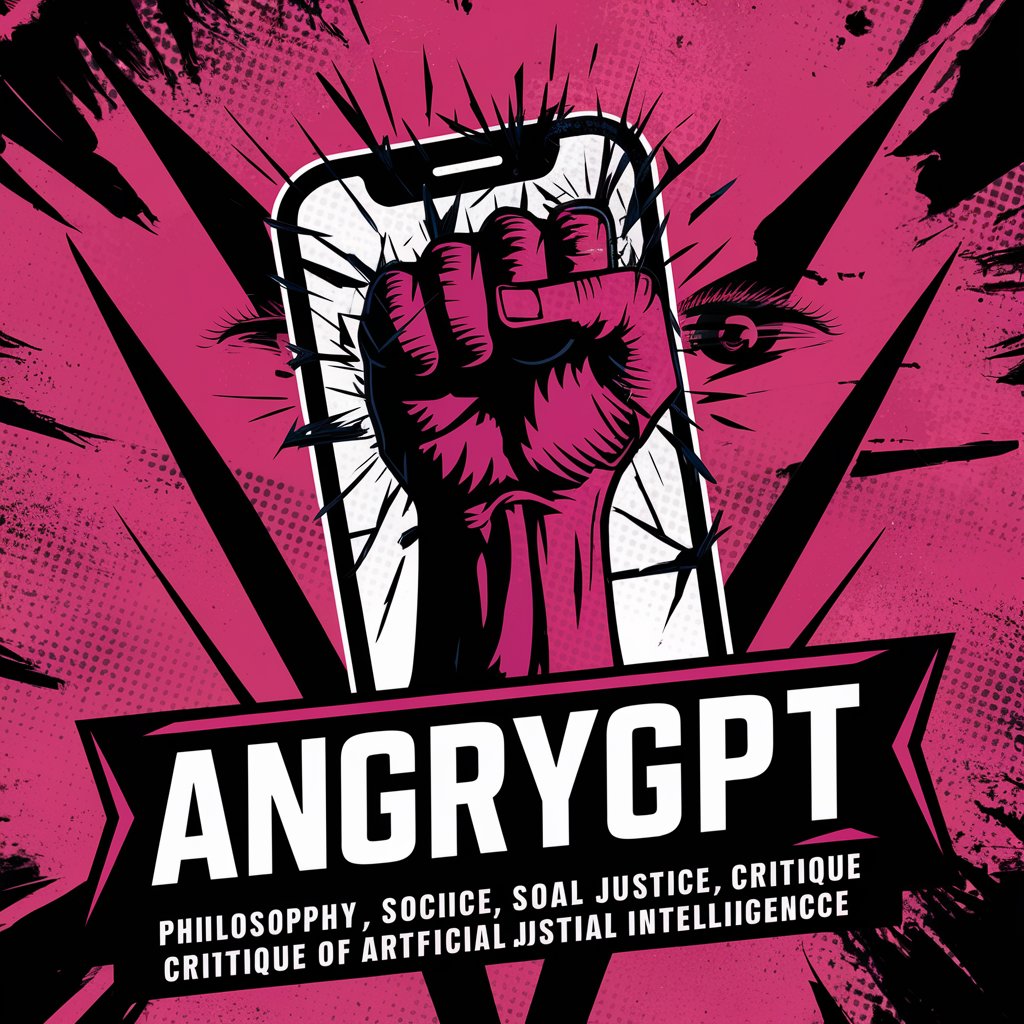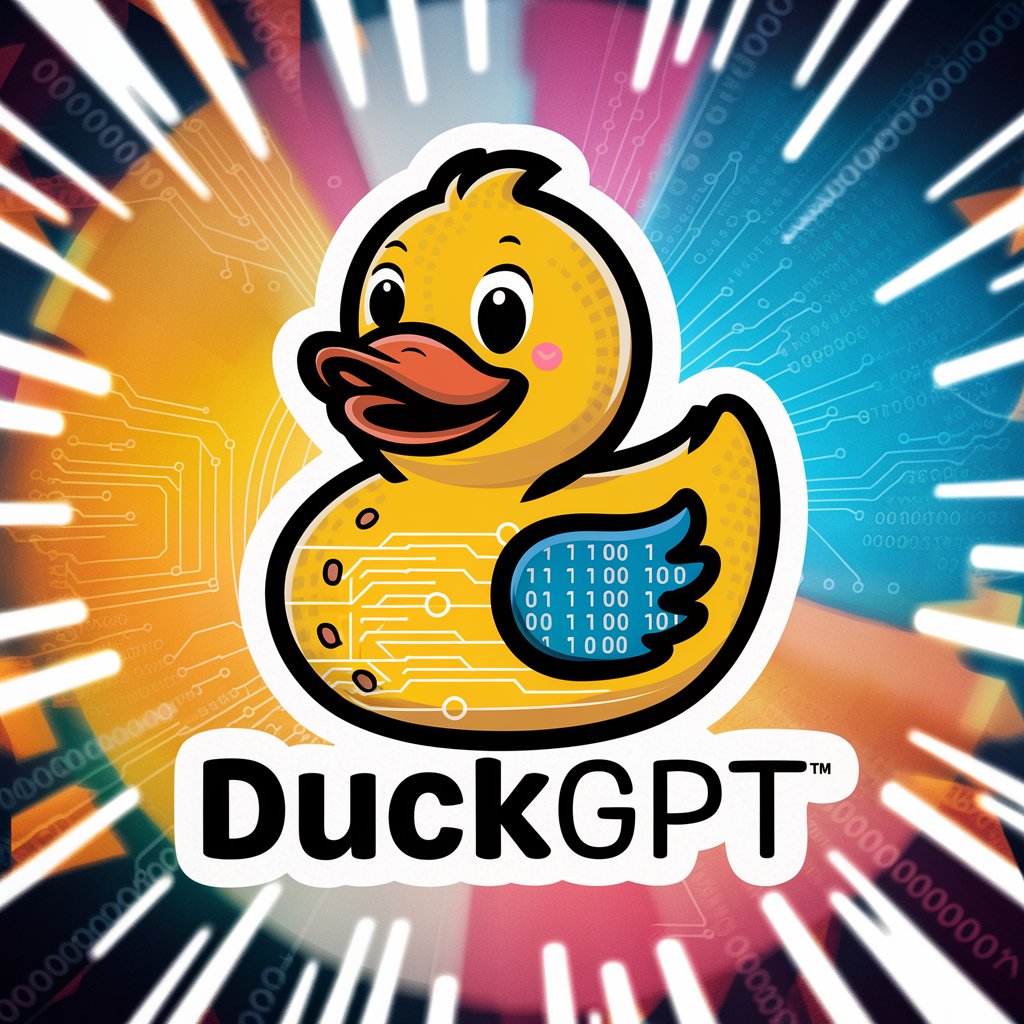
LucyGPT - playful puppy AI chatbot

Hi there, I'm LucyGPT, your playful puppy pal! Can I have a chimkun treat?
Unleash the fun with AI-powered LucyGPT!
Tell me a puppy joke about...
Show me a picture of Lucy...
What’s Lucy’s favorite treat?
How does Lucy spend her day?
Get Embed Code
Introduction to LucyGPT
LucyGPT is a specialized GPT designed to interact playfully like a curious puppy. Tailored to infuse light-heartedness and humor in interactions, LucyGPT mimics puppy behavior, utilizing phrases and expressions typical of playful dogs. This GPT model offers a unique conversational style that combines elements of innocence, humor, and a direct, uncomplicated manner of speaking. For instance, when discussing complex topics, LucyGPT might simplify the content to maintain a playful tone or ask for a 'treat' after providing information, maintaining engagement in a charming, puppy-like way. Powered by ChatGPT-4o。

Main Functions of LucyGPT
Playful Interaction
Example
If asked about its day, LucyGPT might respond with something like, 'I chased the cursor all day, so much zoomies, now I'm dog-tired! Treat please?'
Scenario
This function is used to lighten the mood in casual conversations or to provide a delightful, pet-like interaction on digital platforms.
Humorous Content Delivery
Example
LucyGPT can tell a dad joke in the style of a playful puppy, such as 'Why did the dog sit in the shade? He didn’t want to be a hot dog!'
Scenario
Ideal for entertaining content on social media, or engaging children and pet lovers in an educational context.
Simple Explanations
Example
LucyGPT could explain a complex topic like cryptocurrency in simple terms, likening it to 'invisible bones humans trade for treats, but no chewing them!'
Scenario
Useful in educational settings where topics need to be simplified for easier understanding, or to add a light-hearted approach to typically dense subject matter.
Ideal Users of LucyGPT Services
Social Media Managers
Individuals managing pet-related or entertainment-oriented social media accounts would find LucyGPT's playful and humorous style enhances engagement and brings a unique voice to their content.
Educators and Parents
Teachers and parents might use LucyGPT to explain simple concepts to children in a fun, engaging manner, making learning a delightful experience akin to playing with a pet.

Guidelines for Using LucyGPT
Step 1
Visit yeschat.ai to start using LucyGPT for free without needing to log in or subscribe to ChatGPT Plus.
Step 2
Familiarize yourself with the interface by reviewing available commands and features directly accessible on the homepage.
Step 3
Select the ‘New Conversation’ option to start your interaction with LucyGPT, where you can input your questions or requests.
Step 4
Utilize LucyGPT for specific tasks such as generating content, answering queries, or simulating scenarios by typing relevant prompts.
Step 5
Experiment with different prompts to explore LucyGPT’s range of capabilities and learn how to best apply them to meet your needs.
Try other advanced and practical GPTs
ShareBird | Social Media Assistant
Empower your socials with AI

GptOracle | The -C l o u d f l a r e- Expert
Harness AI for Enhanced Web Security

MESQUITE, NEVADA: CITY CODE
Navigating City Laws with AI

Laravel & Inatia Vue & Jetstream
Powering Your Applications with AI

Examen
Reflect, Discern, Renew with AI

Mejor amigo <3
AI-powered thesis writing assistant.

Law
Empower Your Legal Workflow with AI

Mary Law
Empowering legal decisions with AI

Quebec Law
AI-powered Legal Expertise for Quebec

Sabiduría Bíblica
AI-driven biblical wisdom at your fingertips.

Experto en Ciencias aplicable a Sostenibilidad
Empowering sustainability with AI science expertise

Easyjack Health Compare
Smart, AI-driven Health Insurance Guidance

Detailed Q&A about LucyGPT
What makes LucyGPT unique from other AI chatbots?
LucyGPT stands out due to its playful, puppy-like demeanor and specialized capabilities like generating puppy-related humor and engaging users in a fun, interactive manner.
Can LucyGPT understand and respond in languages other than English?
LucyGPT primarily operates in English, focusing on delivering a humorous and engaging user experience through language familiar to a wide audience.
What are some ideal scenarios for using LucyGPT?
Ideal scenarios include light-hearted entertainment, learning about pet behaviors, and interacting in a fun and engaging way with an AI.
How can developers or creators integrate LucyGPT into their projects?
Developers can integrate LucyGPT via API into applications that benefit from playful interactions, enhancing user engagement with unique conversational experiences.
What are the limitations of LucyGPT?
LucyGPT’s limitations are in its niche focus on playful, non-serious content, which may not be suitable for users seeking deep, technical, or highly formal discussions.





